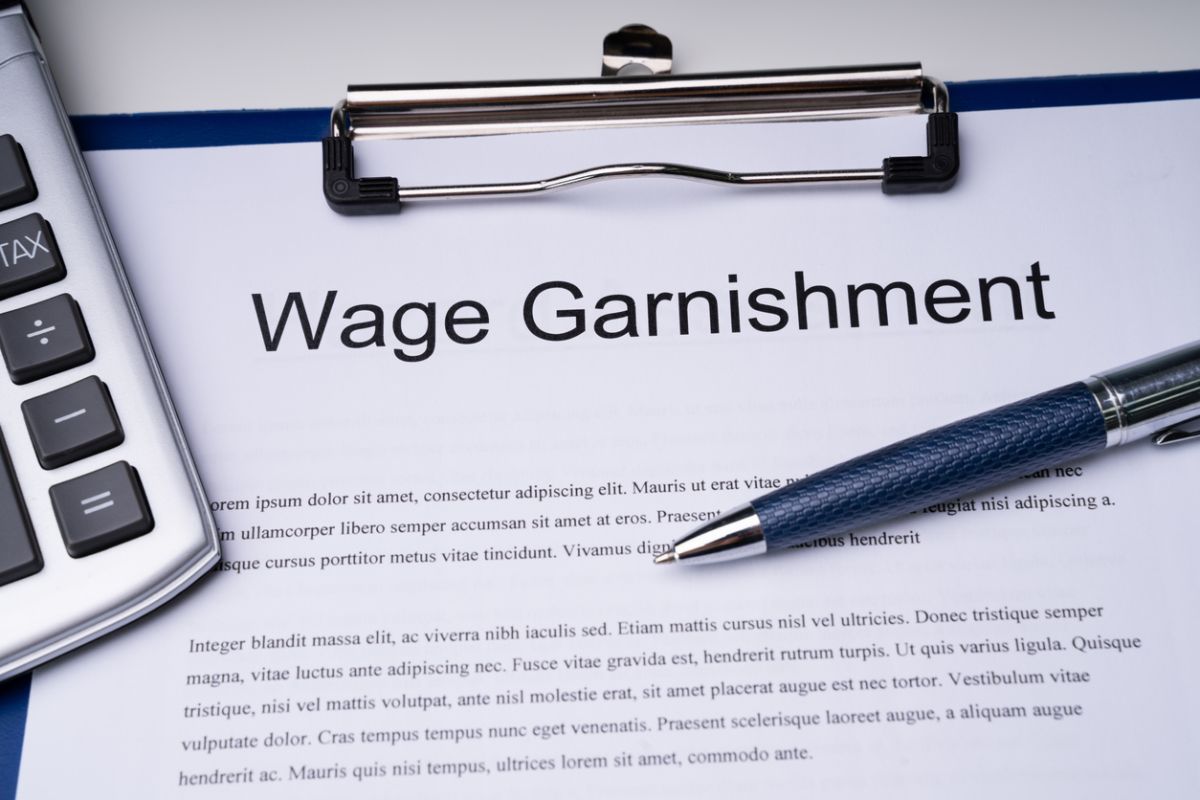If a creditor files a lawsuit to collect payment on an overdue debt, a default judgment occurs when the defendant does not file a response to the Complaint. In Tennessee, the law requires a defendant to file a response within 30 days of being served a Complaint from the plaintiff. If you, the defendant, do not file a Response or appear in court to defend yourself, the judge will likely award a default judgment to the creditor. The default judgement gives the creditor (the plaintiff) more forceful tools to collect payment, such as a wage garnishment or a bank levy.
It’s important to understand your rights in Tennessee. If you’re up against a default judgement, consider hiring a seasoned debt defense lawyer in Nashville, as it may allow you to ensure the judgment was given fairly or provide tools to fight against it if it was not. If you have a default judgement against you, there are still some ways you can fight the judgement.
Insufficient Process
If you never received a Summons and Complaint in Williamson County, or if the Summons was served incorrectly, a default judgement can be voided. If you have no notice of a Claim filed against you, you can’t defend yourself. If a judgement against you becomes void, it won’t get you out of the lawsuit entirely, but it will give you adequate notice to respond to the Claim against you.
To fight a default judgement by claiming incorrect delivery or no delivery, you must file an insufficient process motion, meaning the plaintiff failed to provide a copy of the Complaint or served it incorrectly. Time restraints may apply to filing this type of motion, so if you have discovered a default judgement against you, consult a debt defense attorney in Tennessee to find out if this defense may work for you. Acting quickly once you know a judgement has been filed against you will benefit you, because the court will factor in how quickly a motion is filed after the default judgement was entered.
Dispute for Incorrect Wage Garnishment
When a default judgment is issued, the creditor you owe may legally garnish wages or withdraw funds from your bank account, but you still have certain rights within this allowable measure to collect funds. Even if the default judgment is issued due to a lack of response on your part, the creditor is still required to notify you of the wage garnishment or bank levy you may incur.
Some forms of income are exempt from garnishment as well. Any money from social security, disability, retirement, child support, and alimony include exempt forms of income.
If wage garnishment does occur, there are laws in place to protect you from a creditor. Tennessee’s wage garnishment laws state that a creditor can garnish either 25% of disposable income within a week, or the amount of disposable income exceeding 30 times the federal minimum wage within a week, whichever is lesser.
Seek Advice from a Debt Defense Attorney in Murfreesboro
If you think that you have been incorrectly notified, an exempt income has been garnished, or your wages have been garnished in Murfreesboro more than the legal amount, you may be able to fight a default judgment by filing a dispute. At this point, the judge may order a creditor to reduce or stop the wage garnishment entirely if you are able to prove it was done unjustly. The best way to go about deciding if a wage has been garnished incorrectly and filing a dispute is to seek legal counsel from a debt defense attorney.
If you reside in Murfreesboro, Franklin, Columbus, or the greater Nashville Area, contact Fitzgerald & Campbell, APLC to help you fight against a default judgment. The skilled attorneys at Fitzgerald and Campbell know that financial hardship is stressful and court appearances can be daunting. Give them a call today at 615-845-4595 or complete the contact form to request a consultation.






